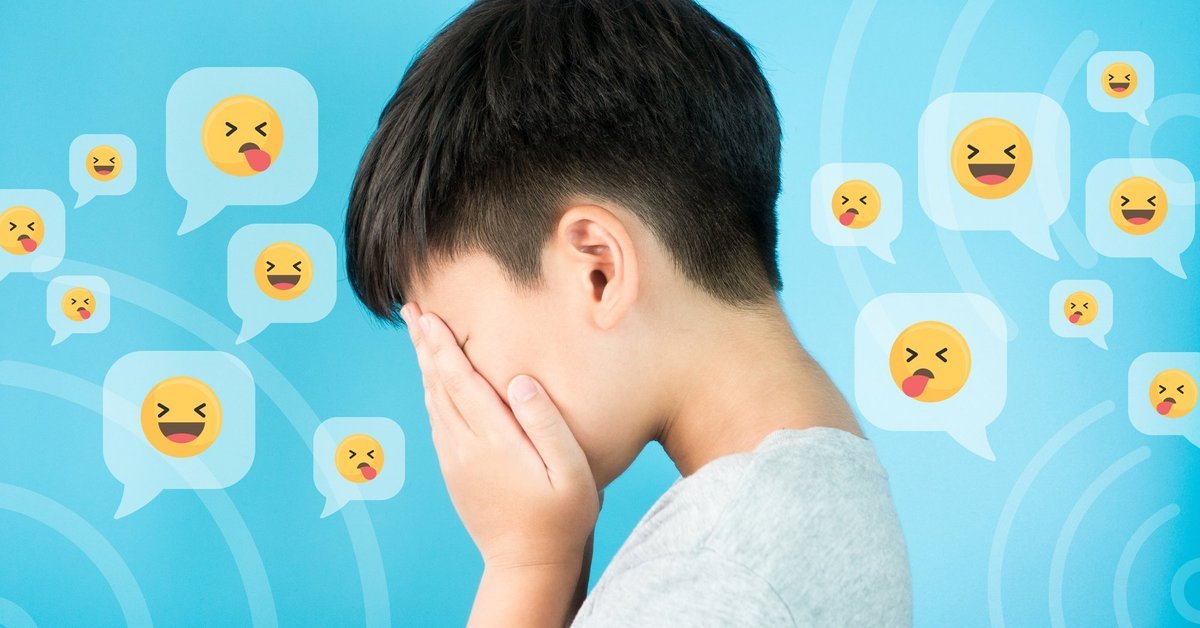What Are the Long-Term Effects of Social Media on Mental Health?
In the digital age, social media has become an integral part of our daily lives. Platforms like Facebook, Instagram, Twitter, and TikTok have transformed how we communicate, share information, and connect with others. While social media offers numerous benefits, such as fostering global connections and providing access to information, its long-term effects on mental health have become a growing concern. As we navigate this digital landscape, it’s essential to understand how prolonged social media use impacts our psychological well-being.
The Double-Edged Sword of Social Media
Social media is a double-edged sword. On one hand, it provides a sense of community, allowing users to stay connected with friends and family, share experiences, and find support networks. On the other hand, excessive or unhealthy use of social media can lead to negative mental health outcomes. The long-term effects of social media on mental health are complex and multifaceted, influenced by factors such as usage patterns, individual vulnerabilities, and the nature of online interactions.
1. Increased Risk of Anxiety and Depression
One of the most widely studied long-term effects of social media is its association with anxiety and depression. Research suggests that prolonged exposure to social media can exacerbate feelings of inadequacy, loneliness, and stress. Constant comparisons to others’ curated and often idealized lives can lead to a phenomenon known as “social comparison,” where individuals feel they don’t measure up. Over time, this can contribute to low self-esteem, chronic anxiety, and depressive symptoms.
Moreover, the addictive nature of social media, driven by algorithms designed to maximize engagement, can lead to excessive screen time. This overuse can disrupt sleep patterns, reduce face-to-face interactions, and create a cycle of dependency, all of which are risk factors for mental health disorders.
2. Impact on Self-Esteem and Body Image
Social media platforms, particularly those focused on visual content like Instagram and TikTok, often emphasize physical appearance. The prevalence of edited photos, filters, and unrealistic beauty standards can distort users’ perceptions of their own bodies. Over time, this can lead to body dissatisfaction, eating disorders, and a persistent sense of inadequacy.
Teenagers and young adults, who are particularly vulnerable to peer influence, may experience heightened pressure to conform to these standards. The long-term consequences can include chronic low self-esteem and a negative body image, which may persist into adulthood.
3. Cyberbullying and Online Harassment
Cyberbullying is a significant concern in the digital age, with long-lasting effects on mental health. Unlike traditional bullying, cyberbullying can follow individuals everywhere, thanks to the pervasive nature of social media. Victims of online harassment may experience feelings of shame, fear, and isolation, which can lead to anxiety, depression, and even suicidal ideation.
The anonymity provided by social media platforms can embolden perpetrators, making it difficult to hold them accountable. For those who experience cyberbullying, the emotional scars can persist long after the incidents have occurred, affecting their ability to trust others and form healthy relationships.
4. Fear of Missing Out (FOMO)
The fear of missing out, or FOMO, is a common psychological phenomenon exacerbated by social media. Seeing others post about social events, achievements, or experiences can create a sense of exclusion and inadequacy. Over time, FOMO can lead to chronic stress, anxiety, and a compulsive need to stay connected, often at the expense of real-life interactions and self-care.
This constant need to stay updated can also contribute to a fragmented attention span, making it difficult for individuals to focus on tasks or engage in meaningful activities. The long-term impact of FOMO can include burnout and a diminished sense of life satisfaction.
5. Positive Effects: Connection and Support
While the negative effects of social media are well-documented, it’s important to acknowledge its potential benefits. For many, social media serves as a vital source of connection and support, particularly for individuals who may feel isolated due to geographic, social, or health-related factors. Online communities can provide a sense of belonging, offer emotional support, and even facilitate access to mental health resources.
In some cases, social media has been instrumental in raising awareness about mental health issues, reducing stigma, and encouraging individuals to seek help. When used mindfully and in moderation, social media can enhance well-being and foster positive relationships.
Striking a Balance: Tips for Healthy Social Media Use
To mitigate the long-term negative effects of social media on mental health, it’s crucial to adopt healthy usage habits. Here are some practical tips:
- Set Boundaries: Limit the amount of time spent on social media each day. Use tools like screen time trackers to monitor usage.
- Curate Your Feed: Unfollow accounts that make you feel inadequate or stressed. Follow accounts that inspire and uplift you.
- Take Breaks: Regularly disconnect from social media to focus on real-life interactions and self-care.
- Practice Mindfulness: Be aware of how social media affects your mood and mental state. If you notice negative feelings, take a step back.
- Seek Support: If social media is impacting your mental health, consider talking to a trusted friend, family member, or mental health professional.
Conclusion
The long-term effects of social media on mental health are a topic of ongoing research and debate. While it offers opportunities for connection and self-expression, its potential to harm mental well-being cannot be ignored. By understanding the risks and adopting healthier usage habits, individuals can harness the benefits of social media while minimizing its negative impact. As we continue to navigate the digital world, striking a balance between online and offline life is key to preserving our mental health and overall well-being.
